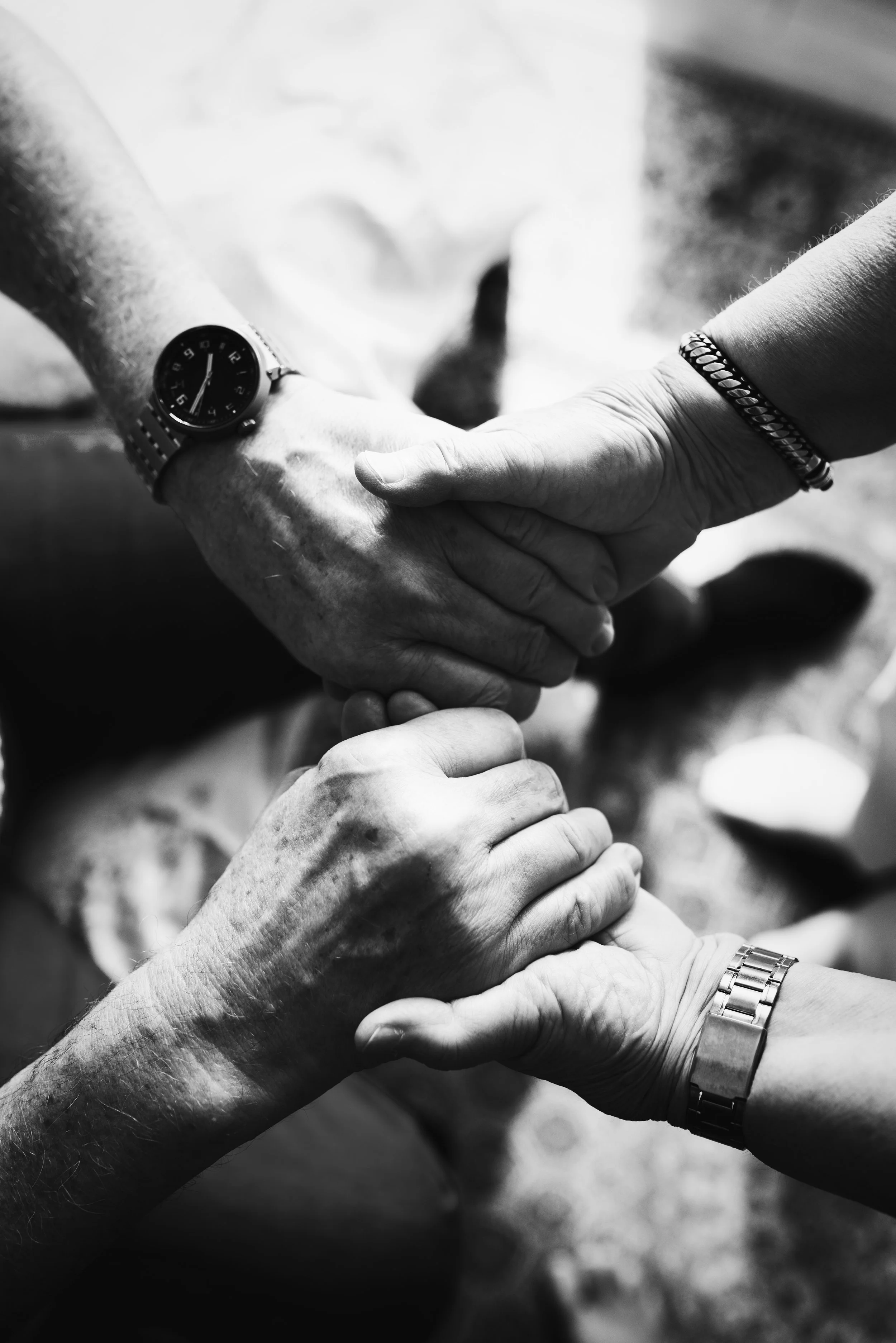Unveiling the Journey of Addiction and the Path to Recovery
Millions of people worldwide are impacted by addiction, a complex and widespread problem. People and their loved ones suffer greatly from compulsive behaviors like gambling, substance abuse, and other forms of gambling. In this blog entry, we'll investigate the complex aspects of habit, revealing insight into the science behind it and the promising roads of recuperation.
The Foundations of Addiction
Dive into the foundations of enslavement, making sense of how it goes past a simple absence of determination. Talk about hereditary inclinations, ecological elements, and the job of injury in molding habit-forming ways of behaving. Demonstrate how these components intertwine to create an addiction-friendly environment.
The Neurobiology of Addiction
Unload the multifaceted neurobiology of compulsion. Examine how substances or ways of behaving invigorate the cerebrum's prize framework, prompting the arrival of dopamine. Explain the notions of tolerance and dependence, as well as the process by which repeated exposure can alter neural pathways and establish a cycle that is difficult to break.
The Shame Encompassing Addiction
Addiction needs to be understood as a medical condition rather than a moral failure to overcome the stigma it causes in society. Investigate how this stigma discourages people from seeking assistance and perpetuates a cycle of shame.
Perceiving the Signs
Teach perusers about the indications of dependence, both for people battling and their friends and family. Identify physical, mental, and behavioral indicators that may indicate the need for intervention. In the process of recovery, emphasize the significance of early detection and intervention.
Looking for Help
Examine the significance of looking for proficient assistance for dependence. Separate the different treatment choices accessible, like directing, treatment, and prescription helped treatment. Encourage readers to contact addiction helplines, support groups, and medical professionals.
The Job of Treatment in Recovery
Investigate the significance of therapy to addiction recovery. Describe the evidence-based methods of cognitive-behavioral therapy, motivational enhancement therapy, and others that aid individuals in addressing underlying issues, developing coping strategies, and laying the groundwork for long-term recovery.
Recovery Through a Holistic Approach
Present comprehensive methodologies that supplement customary treatment. Discuss the advantages of including mindfulness, yoga, and meditation in the recovery process. Feature how these practices add to generally speaking prosperity and help people reconnect with themselves.
The Help System
Stress how important it is to have a strong support system during the recovery process. Investigate the meaning of family, companions, and care groups in giving support, understanding, and responsibility. Describe successful recovery stories that emphasize the importance of a strong support system.
Backslide Prevention
Recognize that relapse is a normal part of recovery, but emphasize the significance of strategies to prevent relapse. Discuss how developing coping strategies, identifying triggers, and a proactive plan can significantly reduce the likelihood of relapse.
Honoring Significant Events
Urge people in recuperation to praise their achievements, regardless of how little. Feature the meaning of recognizing progress, encouraging a positive mentality, and embracing the excursion toward a better and satisfying life.
Conclusion
Reiterate the complexity of addiction and the hope inherent in the process of recovery in a summary of the key points discussed in the blog post. In addressing this widespread problem, emphasize the significance of compassion, comprehension, and a multifaceted approach. Welcome perusers to share their encounters and experiences, cultivating a strong local area around enslavement and recuperation.
Author: David Carter Managing Director






